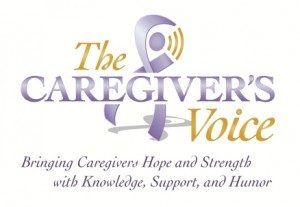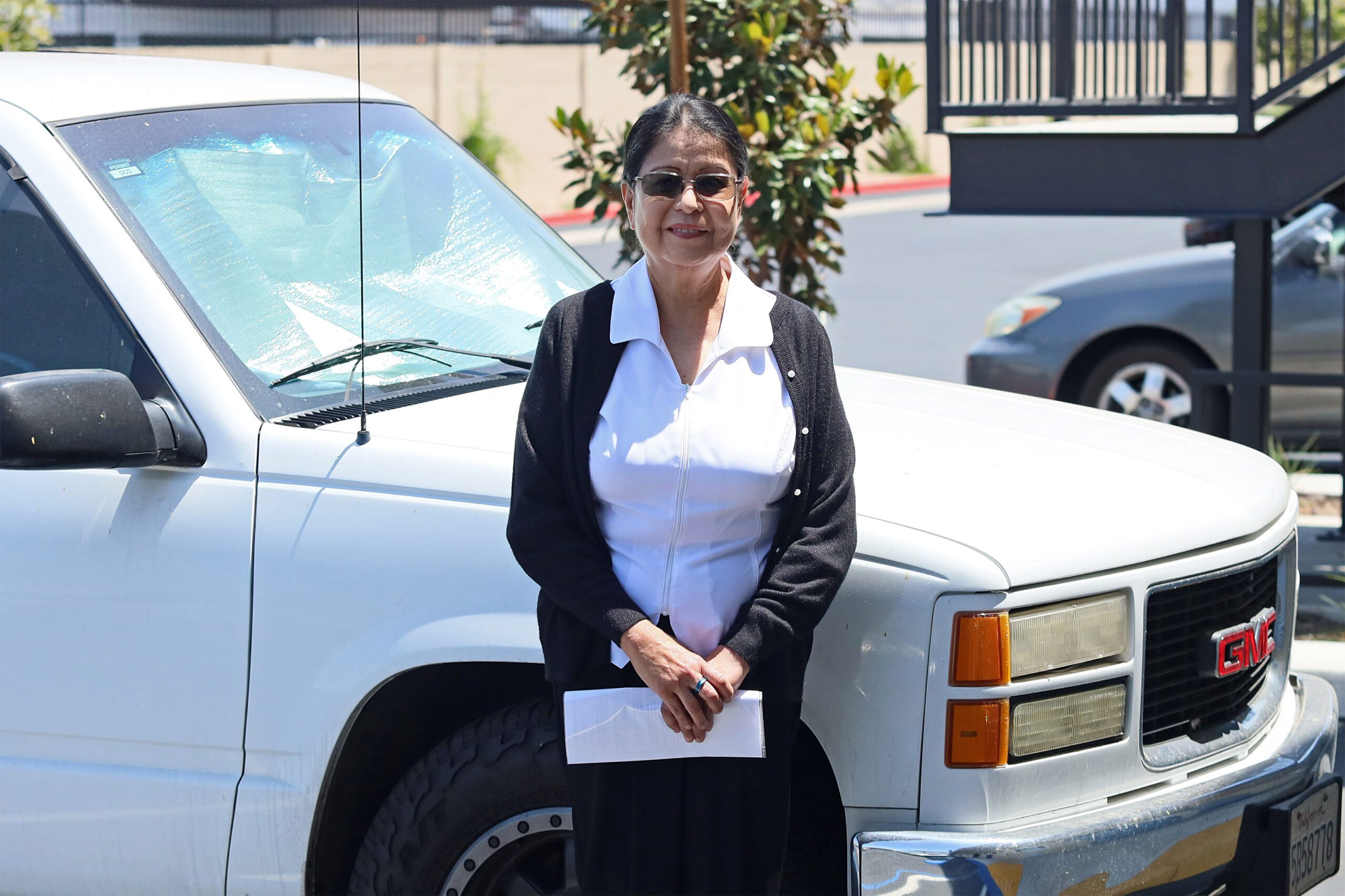With such a competitive selection process and so many duties to juggle and projects and weekly studying, it’s easy to feel overwhelmed.
When your studentship feels more like a full-time job than anything else, and you’re constantly giving your all, it can be tough not to become burnt out. It isn’t uncommon for medical students to experience what is known in the profession as “burnout.”
What is Burnout?
In the medical profession, burnout occurs when a person experiences an emotional response to emotional strain that results in a loss of pleasure-seeking behavior, emotional exhaustion, or diminished effectiveness.
This emotional response can be understandable. We are driven by a passion for the profession of medicine and can be consumed by our desire to do well for our patients at all costs.
When our patients, parents, and colleagues depend on us, and we feel they are deserving of every ounce of our energy, sometimes we may find it difficult to turn off the passion.
How Do We Deal with Burnout?
We can’t just swiftly “turn off” the passion for a particular set of circumstances.
Like any emotion, burnout requires careful management to even the best of us. The best way to deal with burnout is through professional development.
To manage burnout medically, there are a few strategies that can be used, which I had used personally:
1. Active exercise and rest:
Your general health and well-being improve as a result of regular exercise, which gives you more of a spring in your step every day. However, regular physical activity has been shown to have stress-relieving properties. Endorphins are released as a result. Feel-good neurotransmitters termed endorphins, may be boosted by physical exercise.
Also, Cardiovascular exercise has been shown to improve well-being and reduce stress, perceived tension, and emotional tiredness in those with depression and anxiety. Personal well-being and achievement were boosted and stress levels were reduced by resistance exercise.
2. Recognize the negative emotions and modify your approach
Recognize the negative emotions behind the burnout and modify your approach accordingly.
For example, if you’re feeling burned out because of difficulty in the clinical setting, remind yourself of the things you do well and how those improve your clinical practice immensely.
3. Focus on the things that you enjoy
If you are burnt out because your schedule is too crammed with work, get to know the demands of your clinical rotations and back off if you feel unable to cope.
Focus on the things that you enjoy and avoid those activities which are not in line with your values. Sometimes, it’s essential not to take on too much just for the sake of proving yourself as “superhuman.”
4. Connection with Friends and Family
Check-in with your friends and family about how you’re doing. Talk about a recent medical event or research article that excited you and the future you wish to pursue after your medical study.
…
Last Words
Ultimately, it is up to the individual to manage their emotions and approach situations that may be overwhelming. The key is always to remember that many things besides medicine can make us happy.
With the support of colleagues, peers, and friends, we can learn how to manage difficult situations in a way that will lead us to tremendous success and joy.
Medicine requires dedication and persistence. If you are feeling burned out, don’t push too hard! Take time for yourself (with or without exercising) to help you manage your emotions and regain your passion!
—
This post was previously published on medium.com.
***
You may also like these posts on The Good Men Project:
 White Fragility: Talking to White People About Racism
White Fragility: Talking to White People About Racism  Escape the “Act Like a Man” Box
Escape the “Act Like a Man” Box  The Lack of Gentle Platonic Touch in Men’s Lives is a Killer
The Lack of Gentle Platonic Touch in Men’s Lives is a Killer  What We Talk About When We Talk About Men
What We Talk About When We Talk About Men —
Photo credit: Siora Photography on Unsplash
The post How To Deal With Burnout as a Medical Student appeared first on The Good Men Project.
Original Article










